5 Common Household Items That Are Toxic to Pets
As pet owners, we do everything we can to keep our furry friends happy and healthy. But did you know that some everyday items in your home could pose a serious threat to your pets? From the chocolate bar on your counter to the beautiful lilies in your vase, many common household items are surprisingly toxic to dogs, cats, and other pets.
In this article, we’ll uncover 5 common household items that are dangerous for pets, why they’re harmful, and what you can do to keep your home safe. Whether you’re a new pet parent or a seasoned pro, this guide will help you spot potential hazards and take action to protect your beloved companions. Let’s dive in and make your home a safer place for your pets!
-
Chocolate
Chocolate might be a sweet treat for humans, but it’s a dangerous snack for pets. Theobromine and caffeine, two compounds found in chocolate, can cause vomiting, diarrhea, rapid breathing, and even seizures in dogs and cats. Dark chocolate and baking chocolate are especially toxic due to their higher theobromine content.
If your pet accidentally eats chocolate, contact your vet immediately. Be prepared to provide details like the type of chocolate and the amount consumed. To prevent accidents, store chocolate in secure containers and educate your family about the risks. Remember, even a small amount can be harmful!
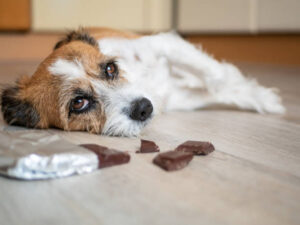
-
Houseplants
Many popular houseplants can be toxic to pets. For example, lilies are extremely dangerous for cats and can cause kidney failure, while aloe vera and pothos can irritate your pet’s mouth and digestive system. Symptoms of plant poisoning include drooling, vomiting, and lethargy.
If you suspect your pet has nibbled on a toxic plant, remove the plant, rinse their mouth with water, and call your vet. To keep your pets safe, research pet-friendly plants like spider plants or Boston ferns, and place toxic plants out of reach—or better yet, out of your home entirely.
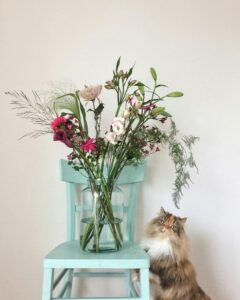
-
Cleaning Products
Household cleaners like bleach, detergents, and disinfectants can be harmful to pets if ingested or inhaled. These products can cause burns, respiratory issues, or even poisoning. Pets, especially cats and dogs, may lick surfaces or walk through cleaning solutions and then groom themselves.
If your pet comes into contact with cleaning products, rinse the affected area with water and contact your vet. To prevent accidents, use pet-safe cleaning products and store chemicals in locked cabinets. Always keep pets out of the room while cleaning and ensure surfaces are dry before letting them back in.
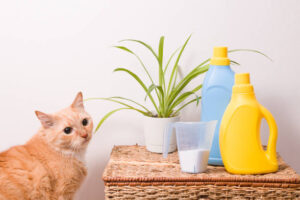
-
Human Medications
Human medications, including painkillers, antidepressants, and even vitamins, can be toxic to pets. Dogs are especially prone to eating pills they find on the floor or in bags. Symptoms of medication poisoning include vomiting, lethargy, and seizures.
If your pet ingests human medication, call your vet immediately. Provide details about the medication and the amount consumed. To prevent accidents, store medications in secure containers and never give your pet human drugs without veterinary advice.
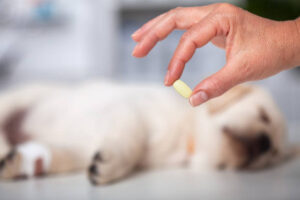
-
Xylitol (Found in Sugar-Free Gum and Candy)
Xylitol, a common sugar substitute in sugar-free gum, candy, and some peanut butters, is extremely toxic to pets. It can cause a rapid drop in blood sugar and liver failure in dogs. Symptoms of xylitol poisoning include vomiting, loss of coordination, and seizures.
If you suspect your pet has ingested xylitol, seek emergency veterinary care immediately. To keep your pets safe, check ingredient labels and avoid products containing xylitol. Always store gum and candy in pet-proof containers.
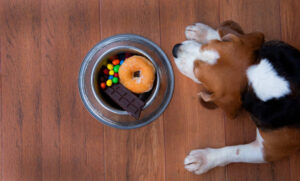
Keeping your pets safe from household toxins is an essential part of being a responsible pet owner. By being aware of common dangers like chocolate, toxic plants, cleaning products, medications, and xylitol, you can take steps to pet-proof your home and protect your furry friends.
If you suspect your pet has ingested something toxic, act quickly and contact your vet. Share this article with fellow pet owners to help spread awareness and keep more pets safe. Together, we can create a safer environment for our beloved companions!
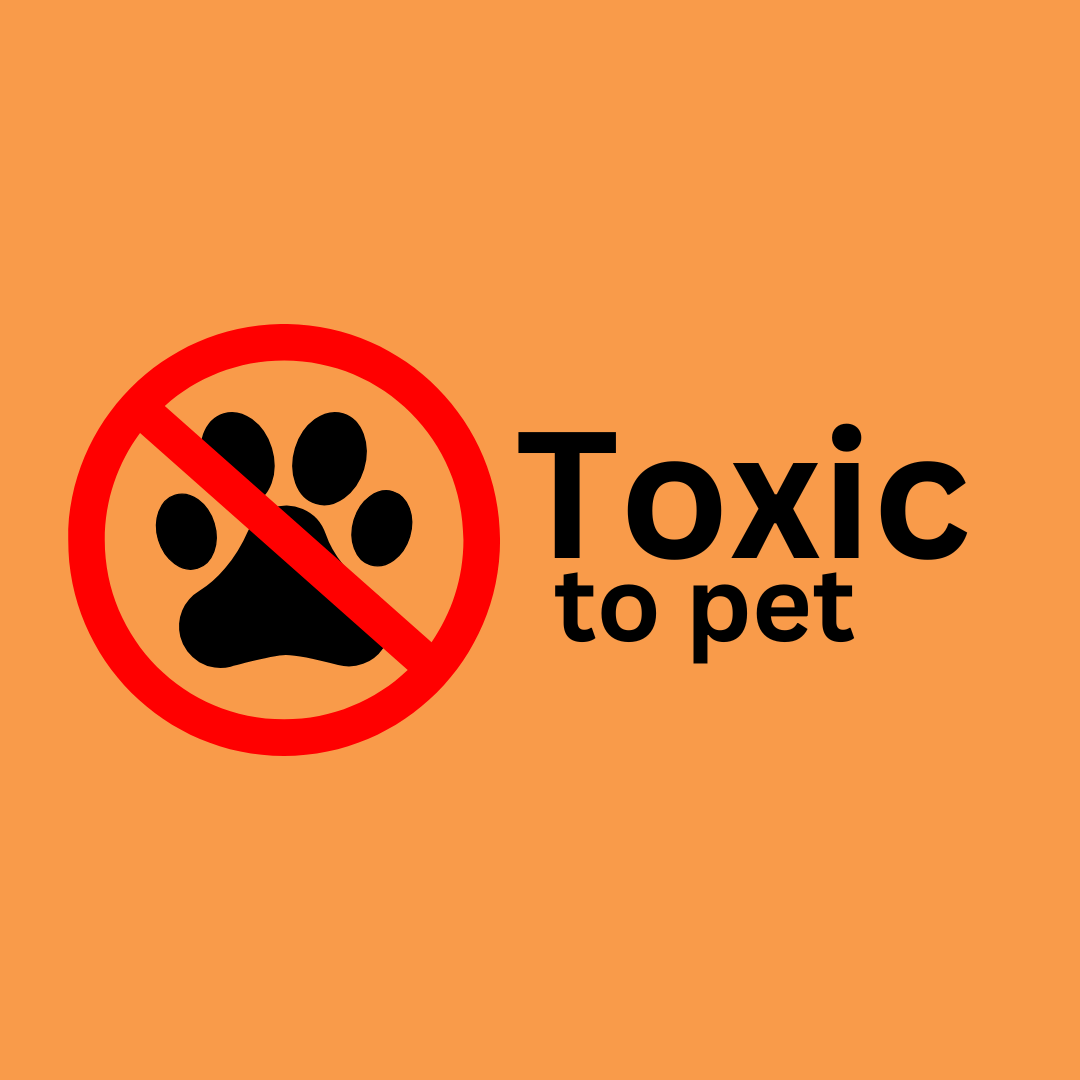
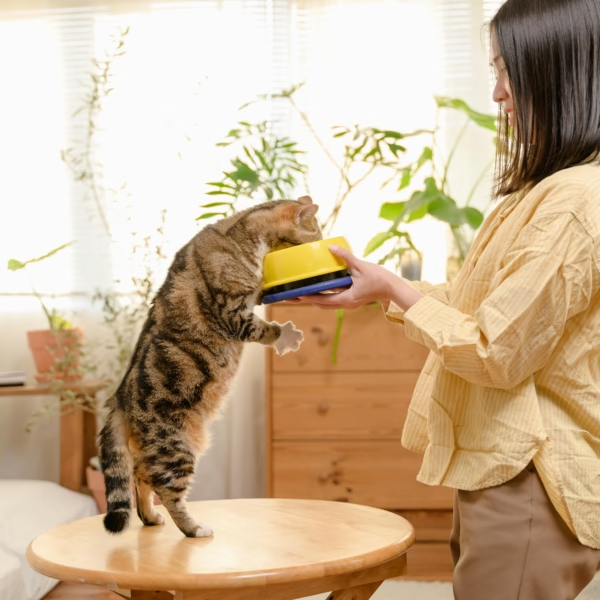
Leave a Comment